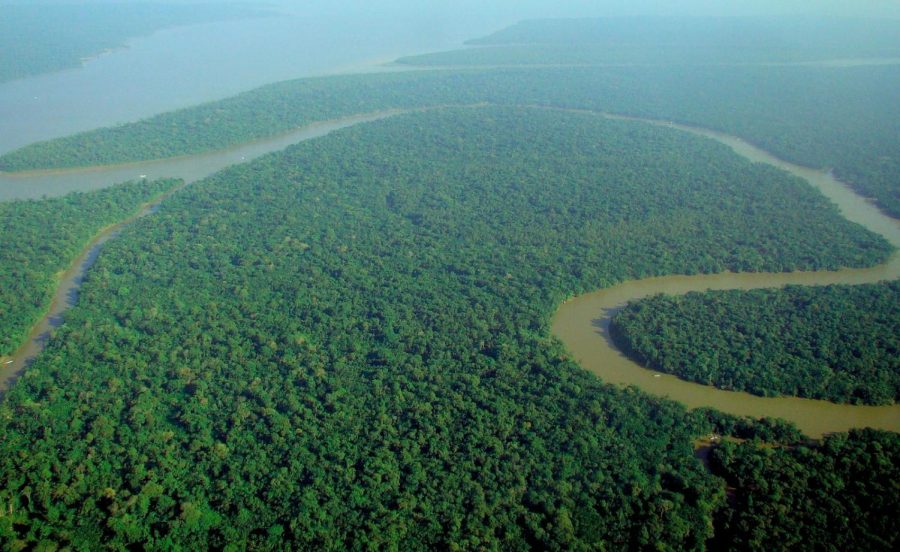Rainforest destruction increased in 2020 from previous year according to new data
April 24, 2021
The rate of destruction of tropical rainforests drastically increased over the course of last year, inciting more concerns among climate and environment experts.
Rainforest destruction increased by approximately 12% when compared with 2019, according to data from Global Forest Watch and the University of Maryland. Some of the factors that have contributed to this stark increase include, “a combination of a demand for commodities, increased agriculture and climate change,” according to DW.
“We’re still losing primary forest at an unacceptable rate,” Rod Taylor, global director of the World Resources Institute’s forest program, said per The New York Times. “A 12% increase year over year is too much when the trend should be going down.”
Much of the destruction to rainforests last year took place in Brazil, Cameroon, Colombia and Germany. Despite these places seeing a dangerous spike in the increase of destruction, other places like Indonesia and Malaysia witnessed an increase in deforestation in 2020.
For Indonesia specifically, last year officially marked the fourth straight year of increasing deforestation totals. The government in Indonesia has been working to put a stop to deforestation since the fire season that took place back in 2015, according to The New York Times.
The Amazon rainforest in Brazil has been affected the most from destruction in 2020, with 1.7 million hectares destroyed, which is an increase of approximately more than a quarter from the previous year.
The reason behind this substantial loss in the Amazon rainforest mainly has to do with the fires that were originally started by people in the area in order to manage land for agriculture. The region has also faced its worst droughts in over 40 years and many fires have continued to burn out of control, which will take the rainforest many years to recover from, as stated by The Guardian.
Recently, the Brazilian government has requested $1 billion from other western nations, including the United States, to contribute toward the country’s reduction of deforestation by up to “40% over the next 12 months,” according to Brazil’s Environment Minister Ricardo Salles.
“We already have a lot of results that could justify the receiving of something, if not everything, but something upfront,” Salles said, according to The Financial Times.
“If you don’t have the [resources] to begin operations, then the operations cannot begin. You need to have at least part of necessary funds in order to start a positive cycle of taking care of the region from both [an enforcement] and a socio-economic perspective.”






